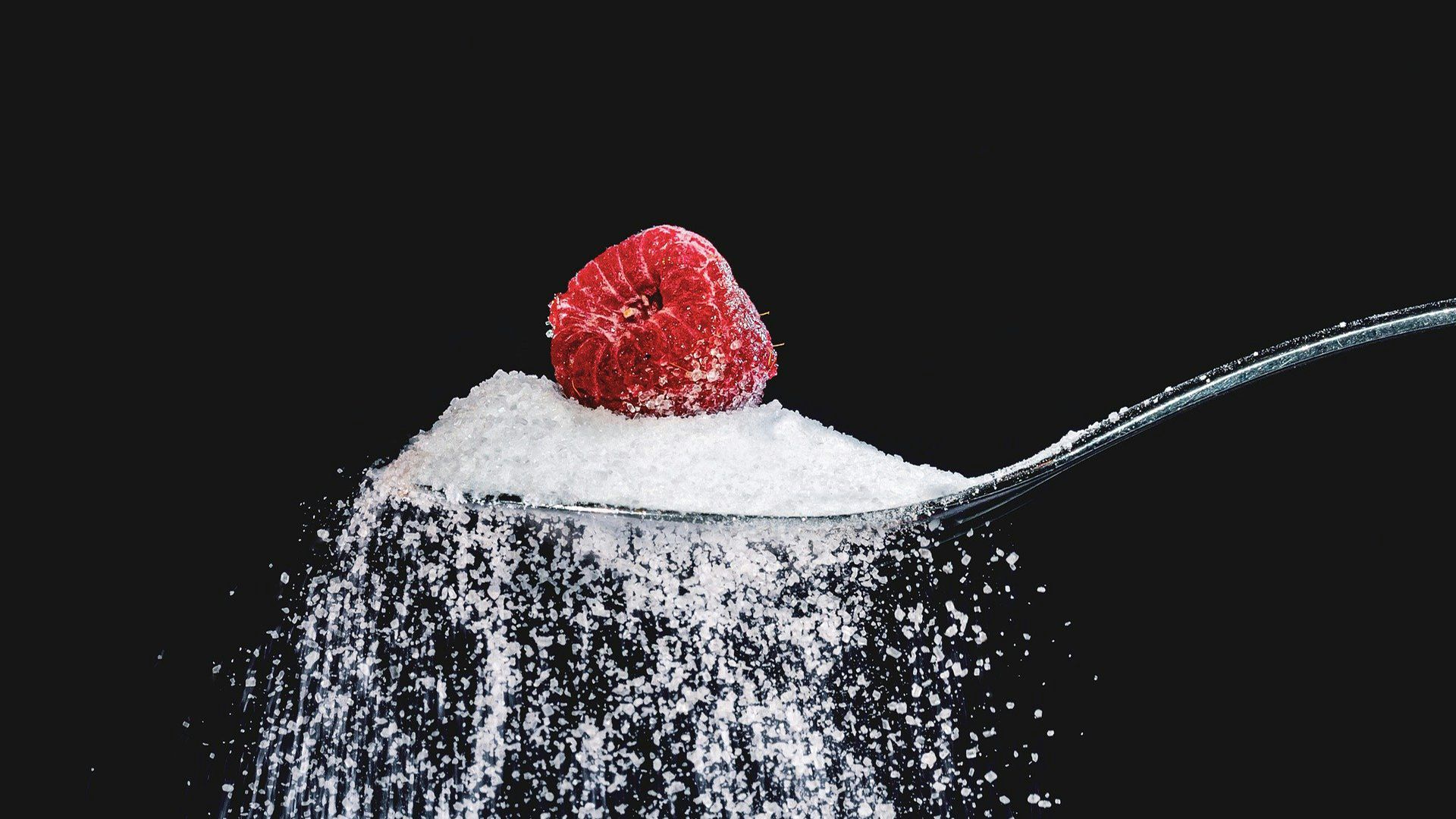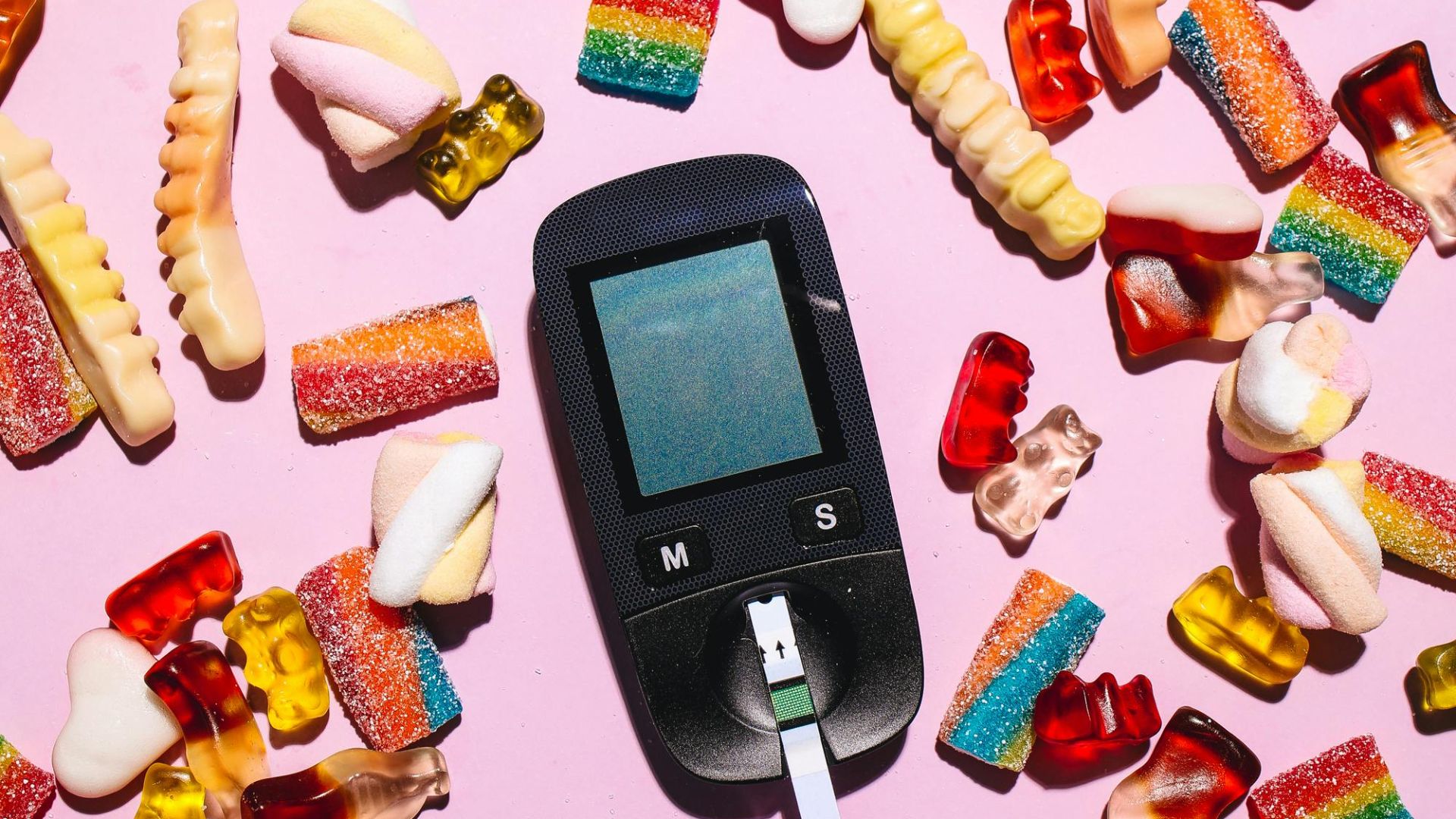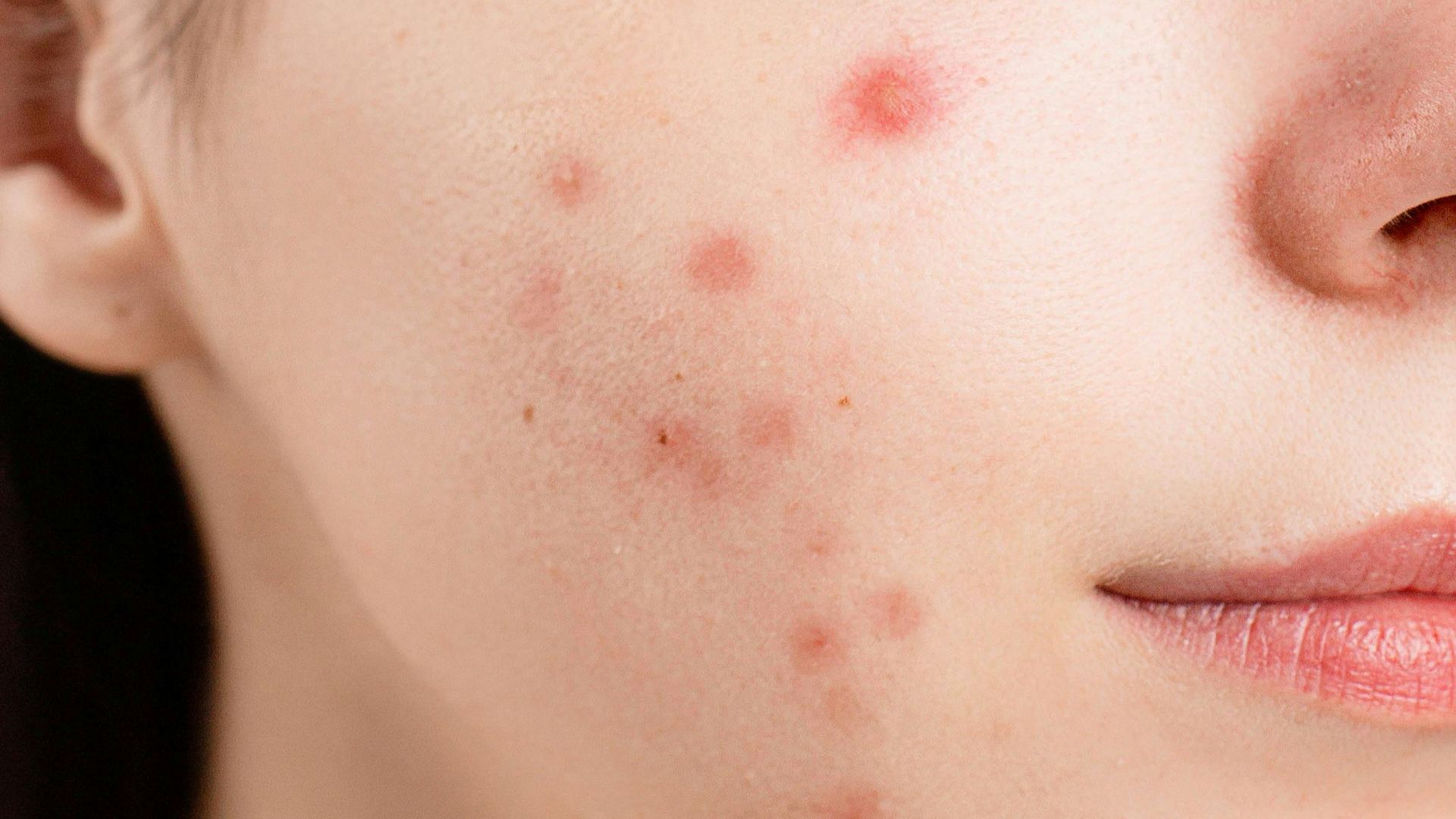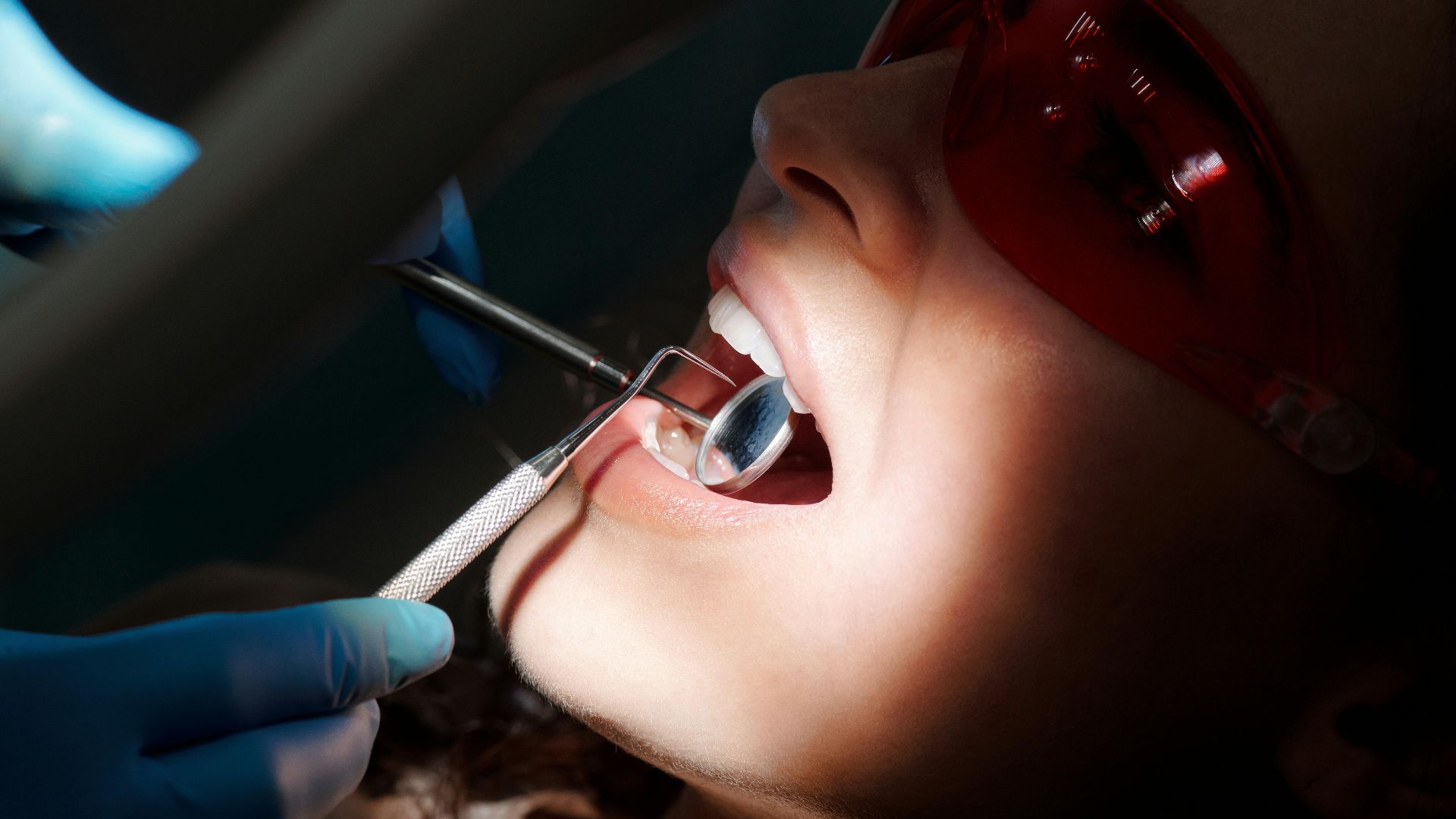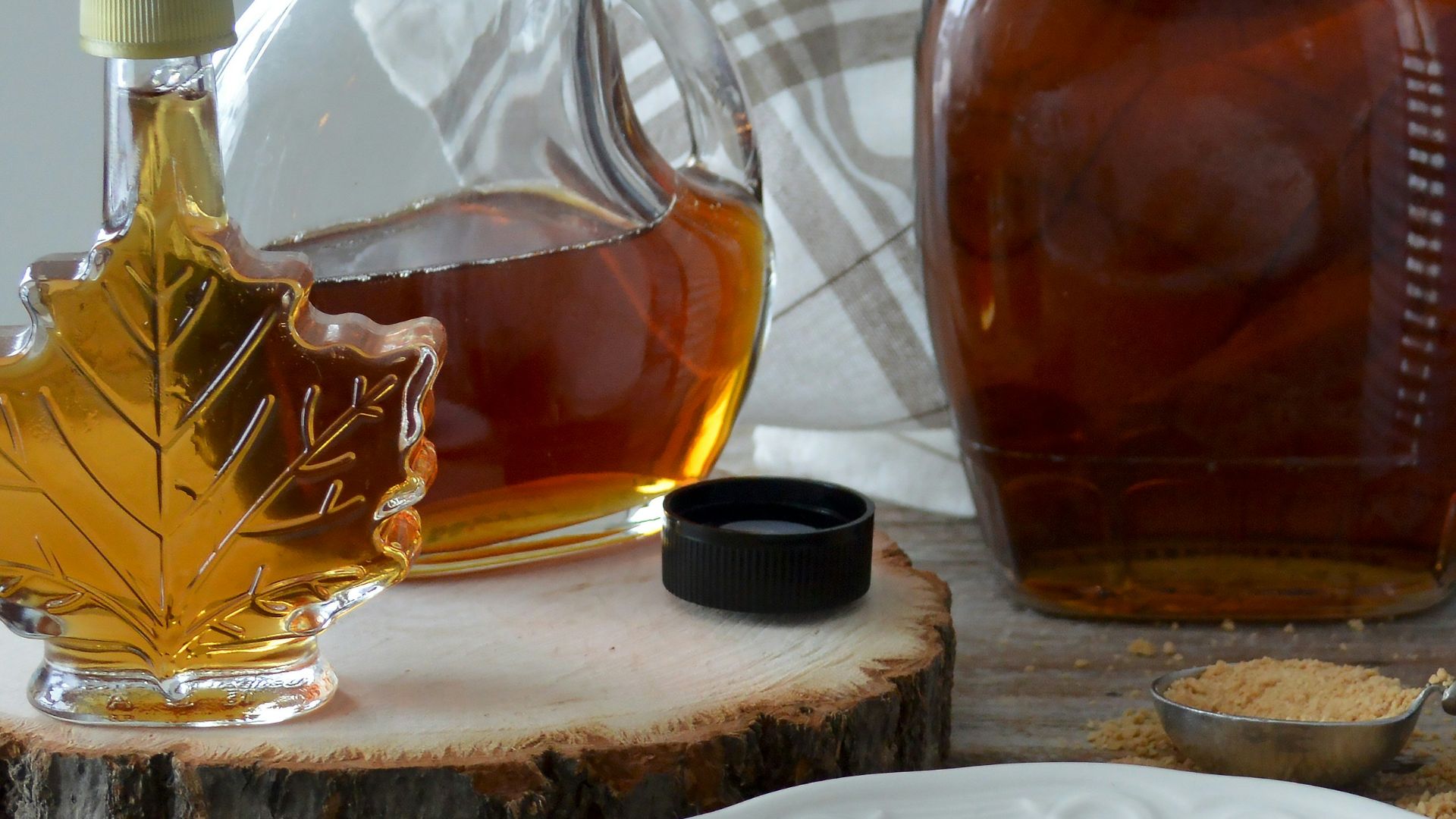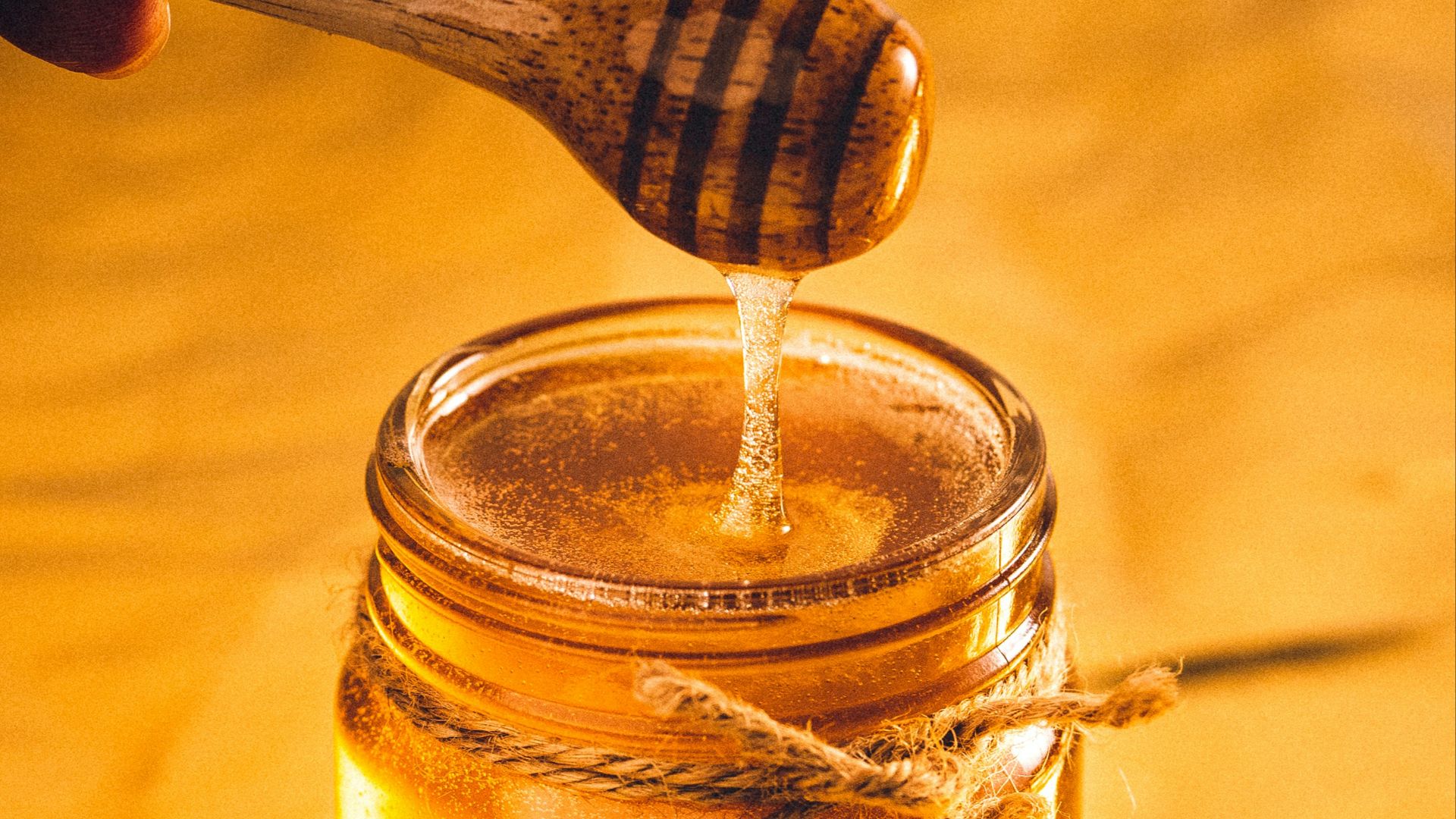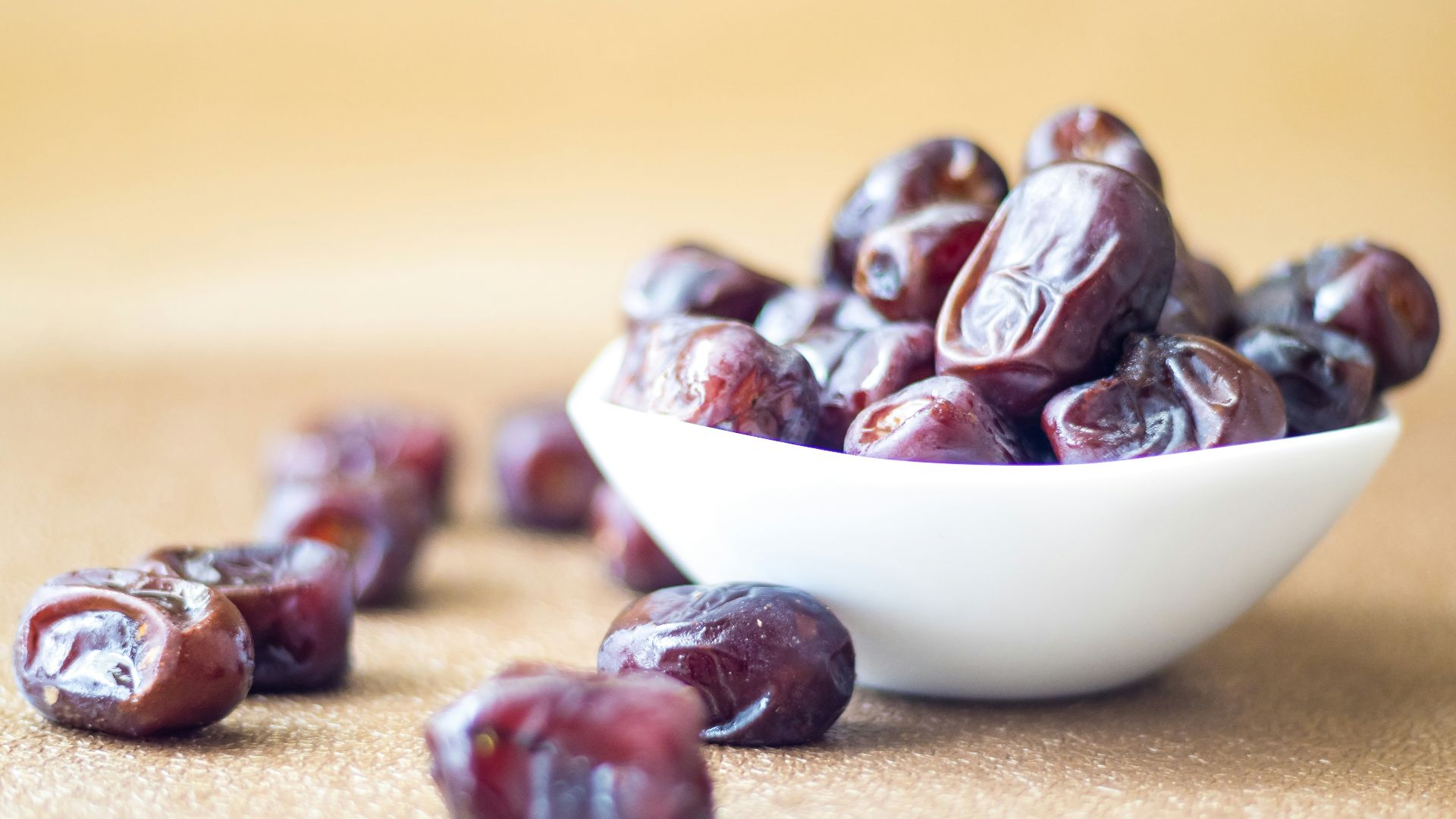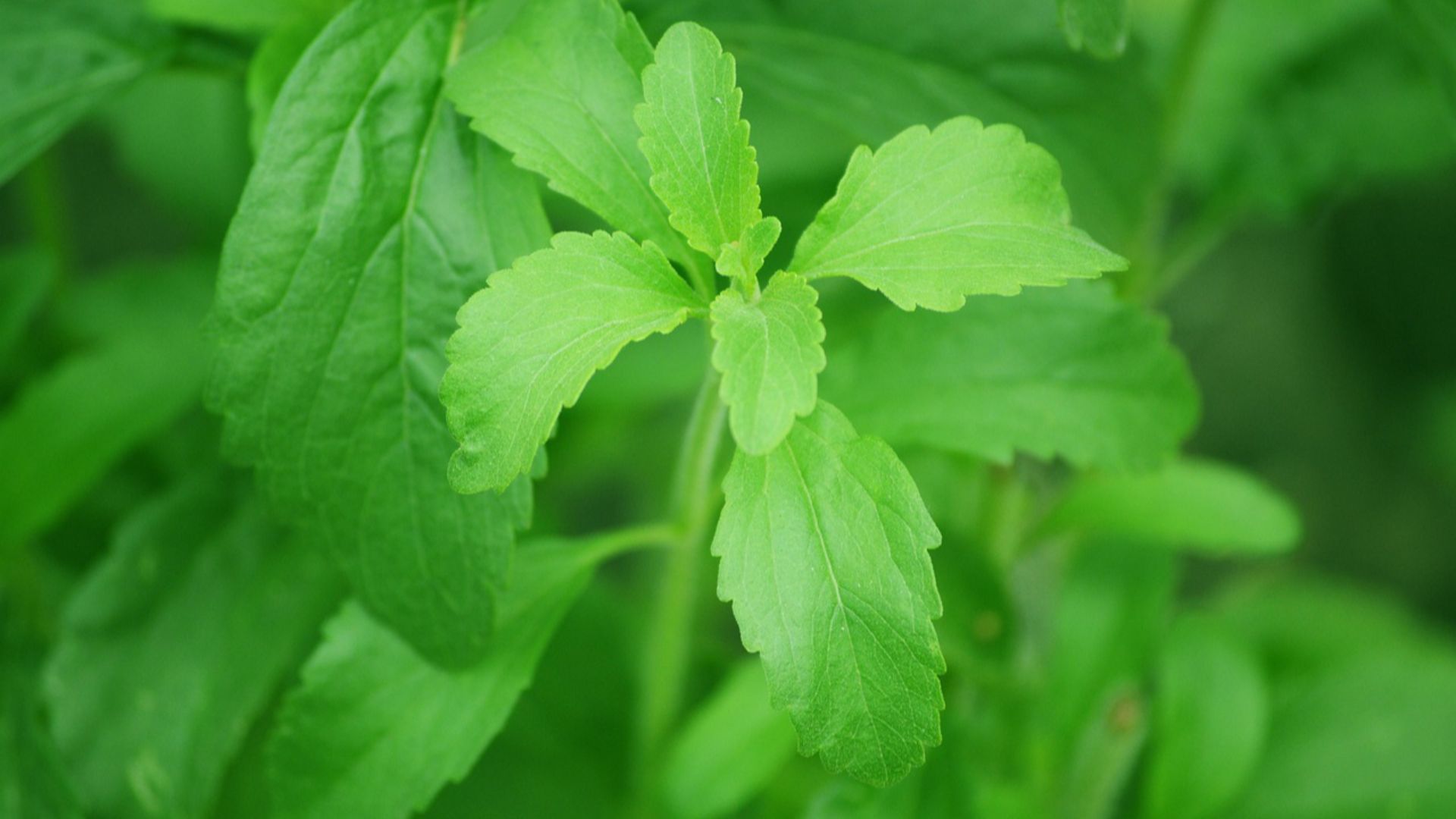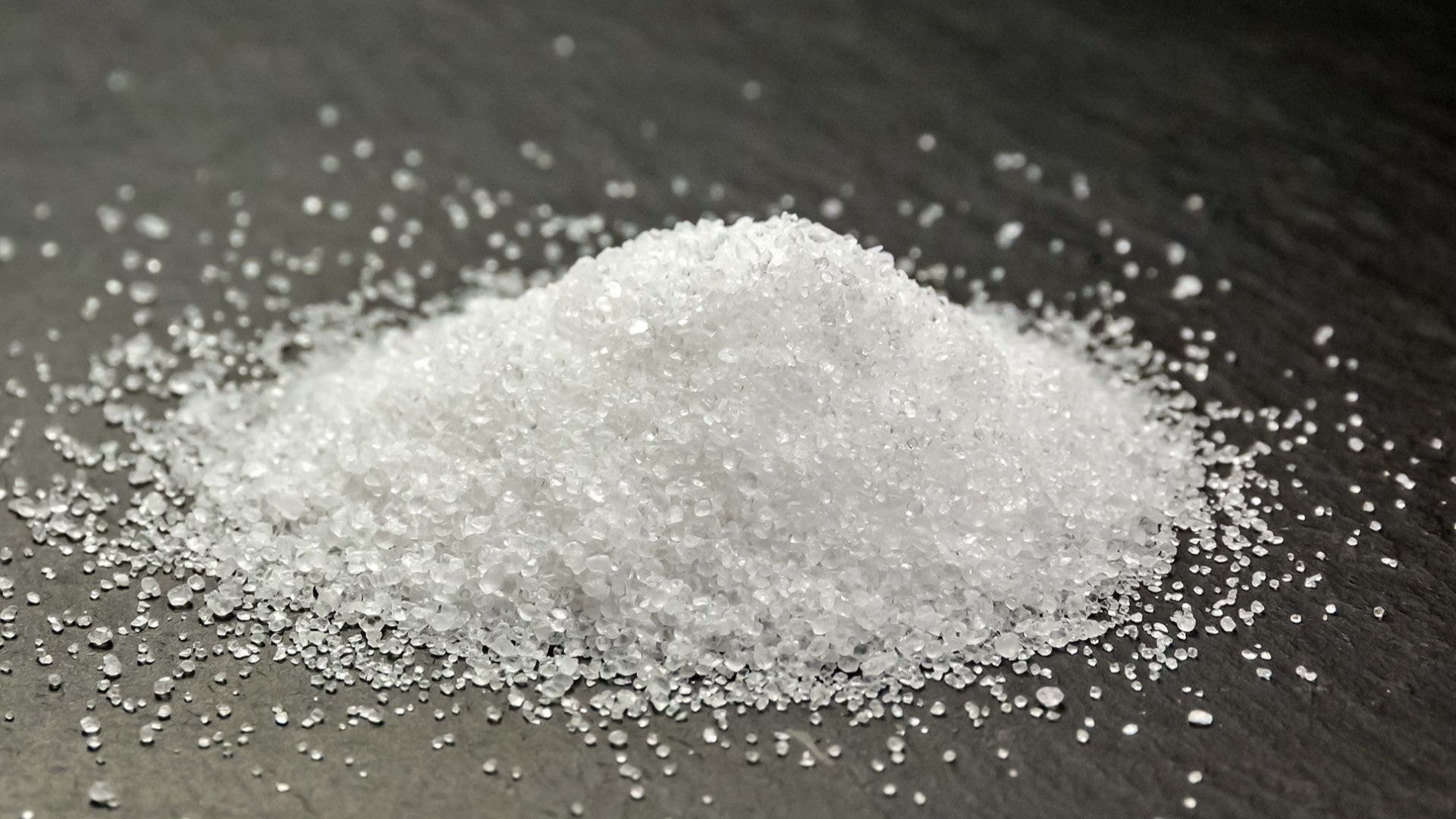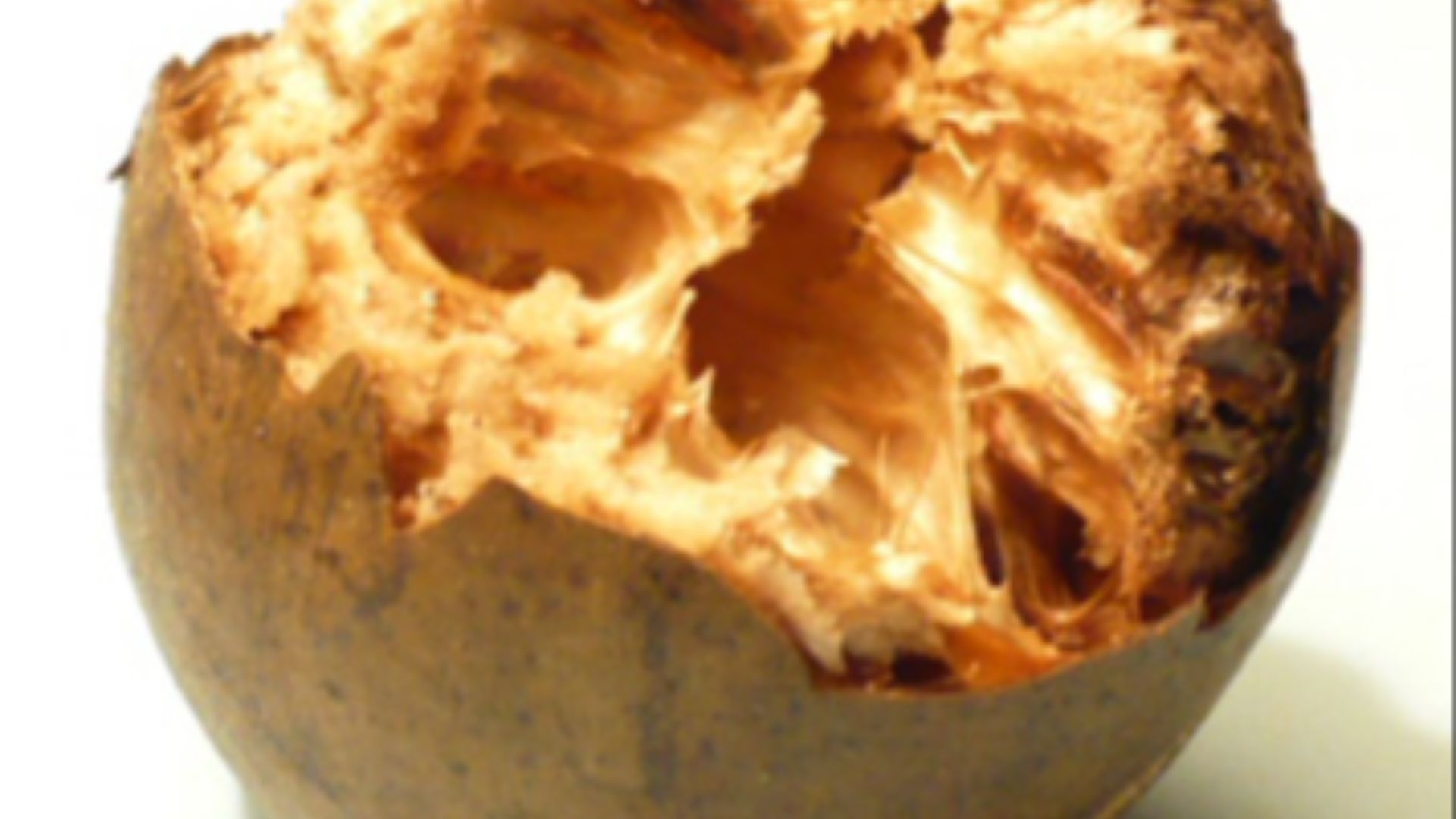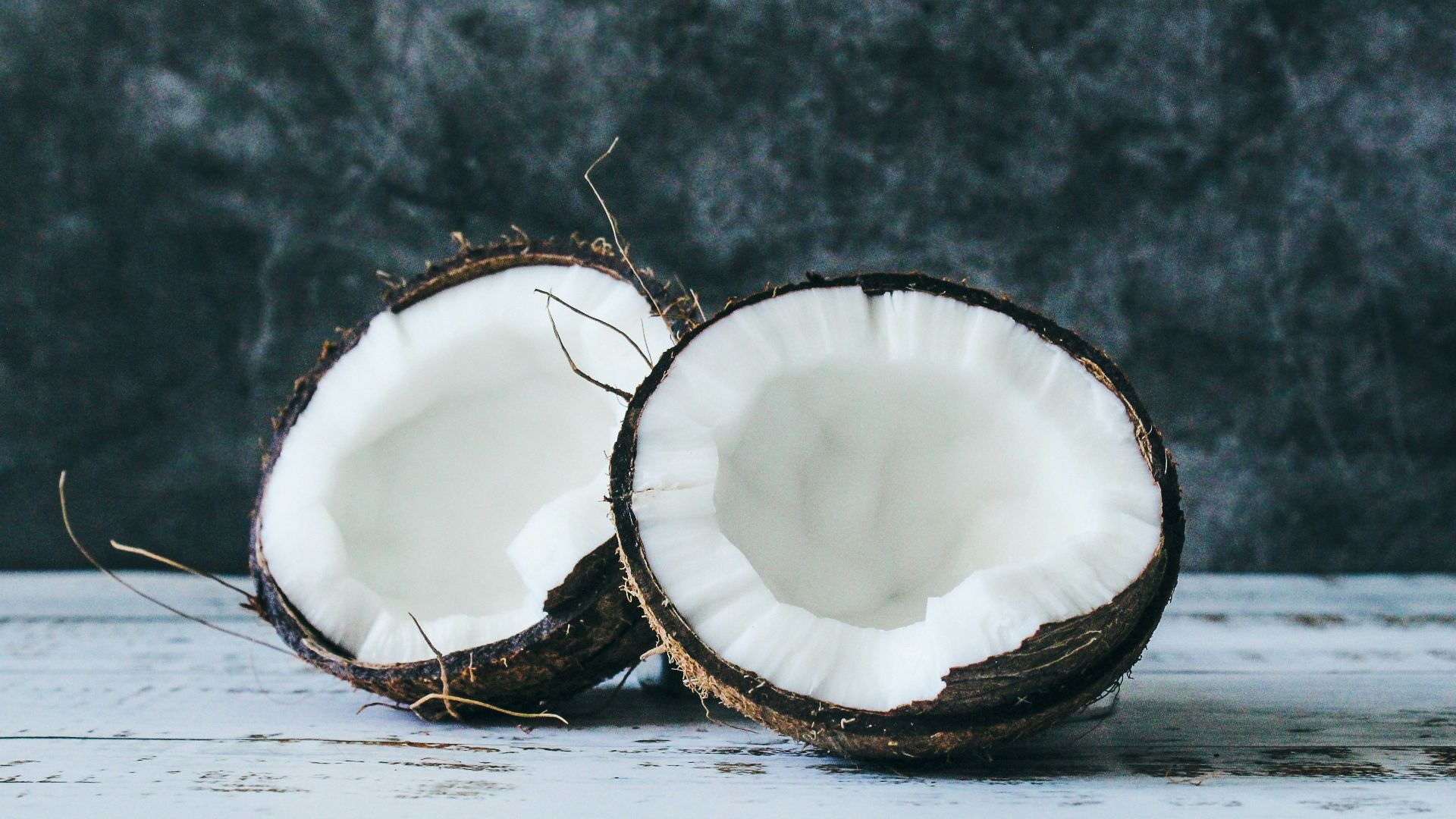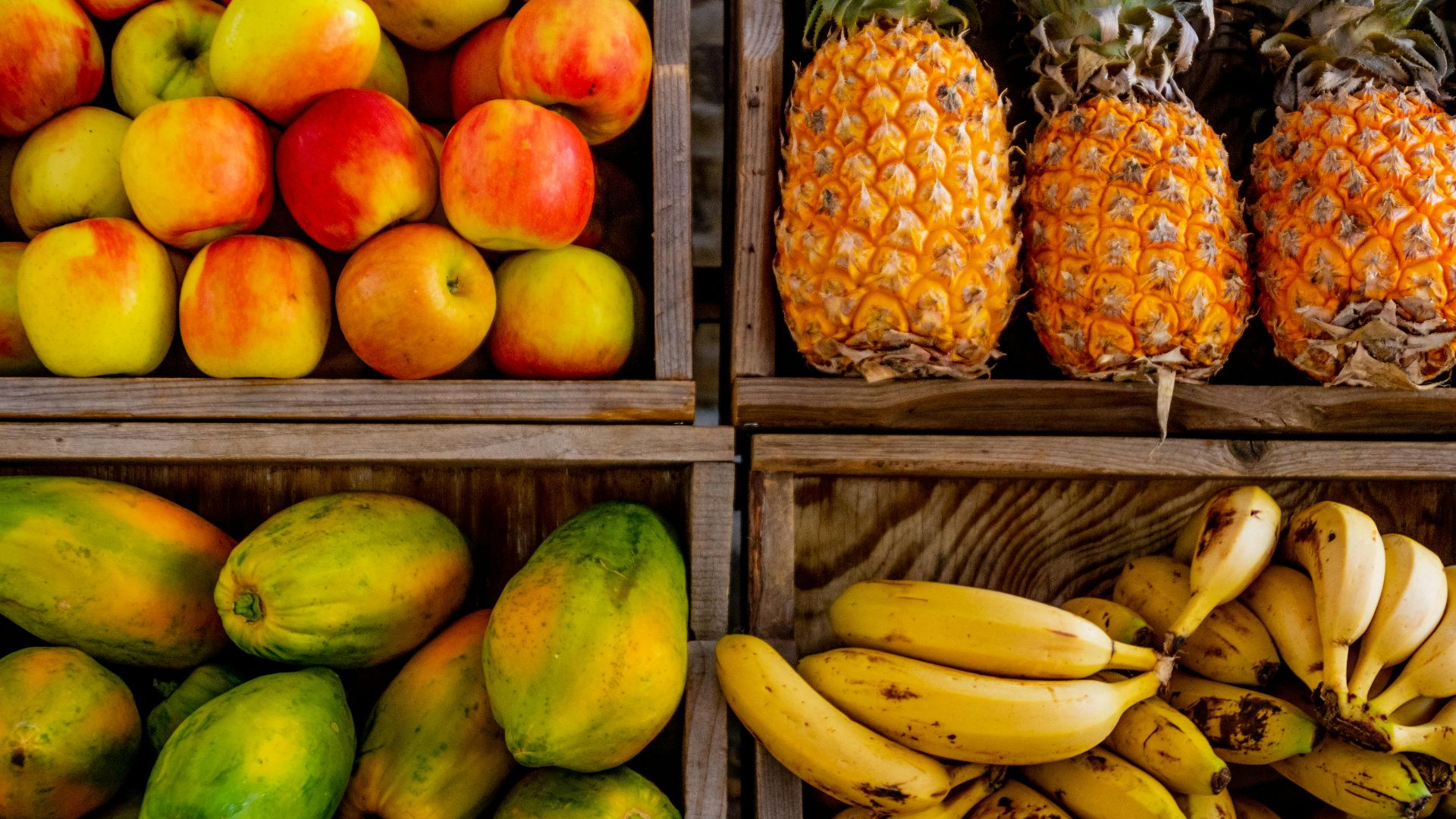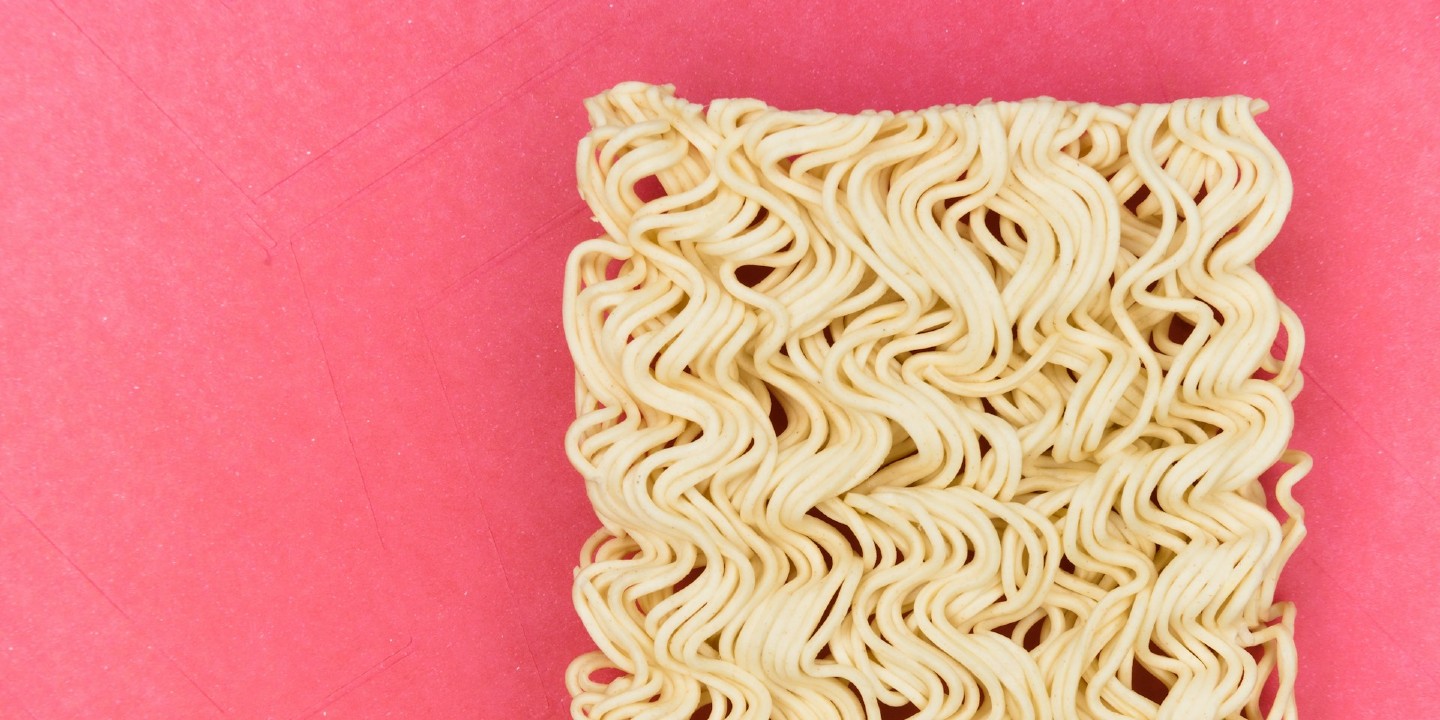10 Ways Sugar Is Ruining Your Health & 10 Healthy Substitutes To Satisfy Your Sweet Tooth
10 Ways Sugar Is Ruining Your Health & 10 Healthy Substitutes To Satisfy Your Sweet Tooth
Life Without Sugar Is Still Pretty Sweet
We've all heard how bad sugar is for our health, but its presence in most packaged foods, even savory ones, makes it hard to avoid. If you're someone with a sweet tooth, baked goods and candy are just that much more tantalizing. However, it's important to resist the temptation as sugar really is a silent killer. Fortunately, there are plenty of amazing plant-based alternatives you can use to replace that evil white powder, many of which are even calorie-free, helping you satisfy your sweet tooth and shed weight in the process. Here are 10 ways sugar is ruining your health and 10 healthier alternatives.
1. Heart Disease
High sugar intake can lead to an increase in blood pressure. It can also raise your cholesterol levels, putting you at risk of cardiovascular disease and stroke.
2. Weight Gain
Because sugar is high in calories and lacks essential nutrients, the body will store it as fat. High sugar intake can also interfere with the hormone that tells your brain that you're full, leading to overeating.
3. Type 2 Diabetes
Your body breaks down food into glucose, which is converted into energy by insulin. However, if you consume too much sugar, your body may become resistant to insulin, meaning glucose builds up in the bloodstream. Glucose buildup can lead to type 2 diabetes, a serious disease that can shorten your lifespan.
4. Cognitive Decline
It's not just your body that's affected by sugar; it's your brain, too. Sugar causes inflammation, which damages the blood vessels in your brain, restricting blood flow and oxygen supply, leading to impaired brain function and raising your risk of dementia.
5. Liver Problems
It's not only alcohol you have to be wary of to protect your liver. As it's the primary organ tasked with processing fructose, high sugar intake can damage it too. When excessive fructose passes through the liver, it builds up and gets converted into fat, leading to liver problems like non-alcoholic fatty liver disease.
6. Acne
Sugar causes an insulin spike, which leads to a whole slew of problems. High insulin levels cause excessive sebum production and increased hormone activity, clogging pores and causing acne.
7. Inflammation
Inflammation in the body is linked to a long list of problems, including weight gain, arthritis, asthma, cancer, and diabetes. Consuming sugar causes your body to release inflammatory messengers, which activate the immune system, causing unnecessary stress and inflammation.
8. Premature Aging
Sugar molecules can cling to and break down collagen and elastin, leading to sagging skin and wrinkles. It also causes oxidative stress which further damages skin cells.
9. Anxiety & Mood Swings
Sugar causes blood sugar spikes and crashes, which can lead to irritability and stress, mimicking or worsening anxiety symptoms. It can also decrease the production of happiness chemicals serotonin and dopamine, influencing mood.
10. Tooth Decay
Any dentist will tell you how bad sugar is for your teeth. Bacteria in your mouth, particularly plaque, feed on sugar, leading to cavities and tooth decay.
Now that we've gone over some of the damage sugar does to you, let's talk about some of the healthier substitutes you can replace it with.
1. Maple Syrup
100 percent pure maple syrup is derived from maple trees. While it should still be eaten in moderation, it's healthier than sugar because it contains antioxidants, riboflavin, manganese, and is lower on the glycemic index than other forms of sweetener, meaning it causes a more gradual rise in blood sugar.
2. Honey
Honey is a natural sweetener that's considered healthier than sugar because it contains antioxidants, B vitamins, calcium, zinc, and potassium. It's also antibacterial and anti-inflammatory.
3. Dates
Dates are packed with nutrients like antioxidants, fiber, B vitamins, potassium, iron, and calcium. They work well as a natural sweetener because they're 70 to 80 percent sugar, but their fiber content helps regulate blood sugar.
4. Molasses
Molasses is made of all the nutritious stuff that's taken away in the sugar refinement process. While it's still high in calories, the thick syrup is full of iron, calcium, magnesium, potassium, and vitamin B6 and is lower on the glycemic index than sugar.
5. Stevia
Stevia is a zero-calorie sweetener derived from the leaves of a plant. As it doesn't impact blood sugar, it's a safer sweetener choice for people with diabetes. However, it has a distinct aftertaste that takes some getting used to.
6. Agave
Agave nectar, derived from the sap of the agave plant, is a natural sweetener that contains B vitamins, antioxidants, potassium, calcium, and selenium. It's a suitable vegan alternative to honey that's lower on the glycemic index.
7. Erythritol
Although it sounds like something that was made in a lab, erythritol is a type of carbohydrate found naturally in certain fermented foods and fruits. It's similar to sugar in taste, but it's calorie-free, doesn't raise blood sugar, and may help reduce hunger.
8. Monk Fruit Sweetener
Monk fruit is a round fruit native to Southeast Asia. The extract derived from it makes for a calorie-free sweetener that's 100 to 250 times stronger than sugar. Despite its intense sweetness, monk fruit doesn't spike blood sugar and is often preferred over stevia because it's more versatile and less bitter.
9. Coconut Sugar
Coconut sugar is often considered healthier than cane sugar because it contains some nutrients like iron, zinc, calcium, antioxidants, and potassium. It's also less processed and contains some fiber, which helps stabilize blood sugar.
10. Fruit Purées
Fruit purées like applesauce and mashed bananas can be used instead of sugar to naturally sweeten baked goods. Fruits such as bananas contain nutrients like potassium, vitamins B6 and C, folate, and fiber.


